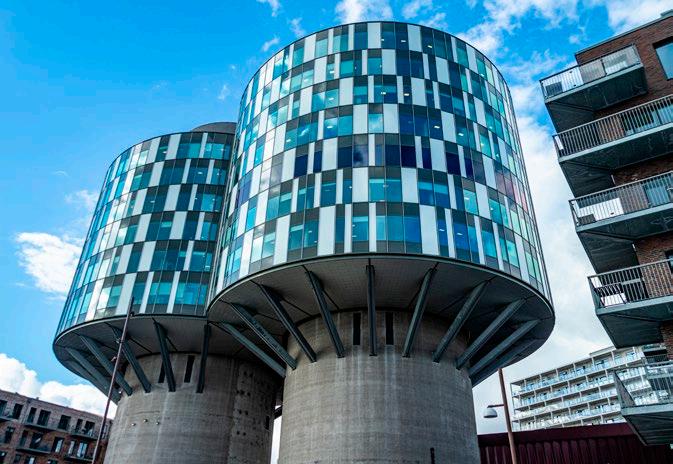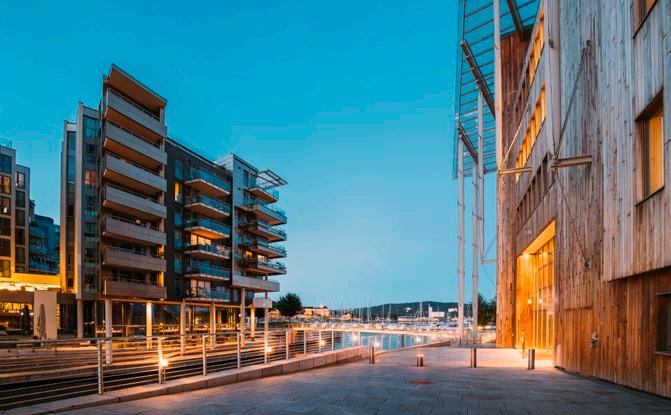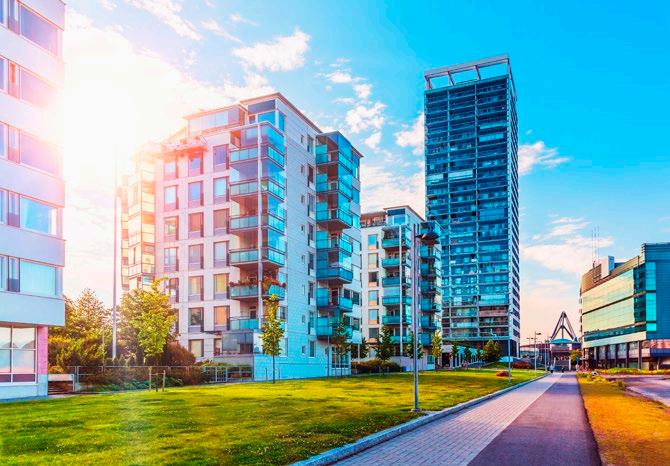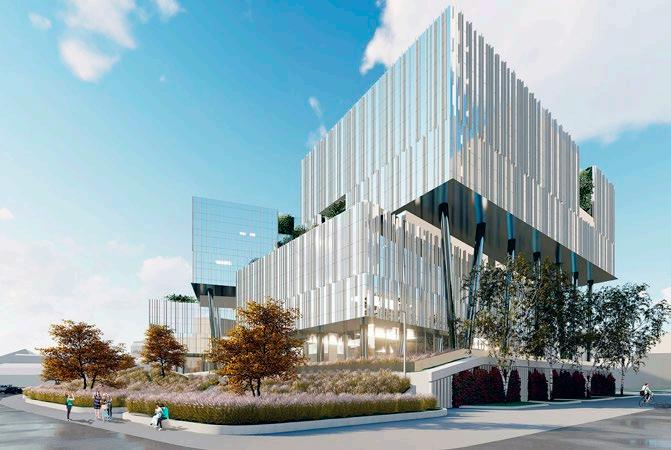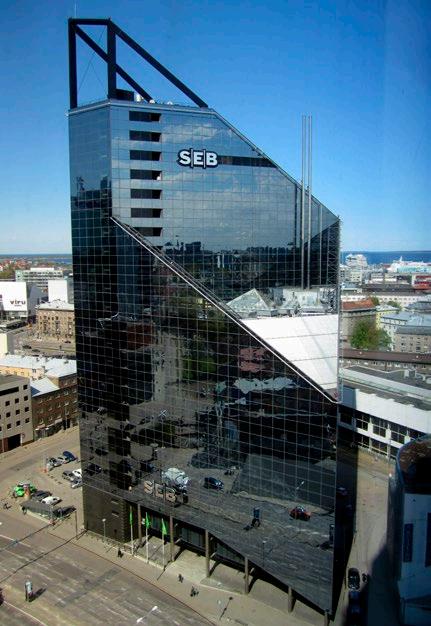
4 minute read
The Estonian Property Market
THE ESTONIAN PROPERTY MARKET ESTONIA REMAINS ATTRACTIVE TO INVESTORS EVEN IN TIMES OF UNCERTAINTY
Much like the rest of the world, growth forecasts in Estonia have been cut as a result of the covid-19 pandemic. The latest economic forecast from BNP Paribas predicts that in 2020, GDP in Estonia will contract by 4.4%, under
the assumption that no new covid-19 restrictions are put in place. The central bank’s official forecast predicts that the economy of the country will not return to pre-crisis levels of GDP until mid-2022. Next year, expected Estonian economic growth is forecast to be 6%, as the economy recovers from the lowest point of the crisis. Both the Estonian and the global economy were already cooling down ahead of the crisis, which is why a quicker recovery is not expected.
The commercial real estate market, however, remains very strong in Estonia. Total office supply increased by 21,300 sqm, or almost 3%, up to 827,300 sqm in 2019. Further modern office space is under development, although vacancy rates are slowly increasing. At least 100,000 sqm of new supply may arrive in the coming two years. Prime office yields feel pressure from the market uncertainty and remain compressed at 6.1%, while retail and industrial yields are at 6.9% and 7.6% respectively. The first half of the year saw a transaction volume of nearly EUR 200 million, including two record-breaking transactions on the Tallinn market, one of which is the largest investment transaction in the market’s history. In H1, more than 55% of the total Baltics volume was transacted in Estonia, and investment volume is expected to triple in 2020 when compared to 2019, reaching EUR 260 million. The office segment in Tallinn remains the largest and most balanced among the Baltic capitals.
Contact: Kristina Živatkauskaite ˙ k.zivatkauskaite@newsec.lt
Photo: Mr Finland
Interesting trends on the Estonian investment property market in 2020:
RESIDENTIAL PORTFOLIO IN TALLINN FINDS NEW OWNERS
At the beginning of 2020, Estonia's capital Tallinn witnessed the largest investment transaction in the country’s history. US private equity firm LCN Capital Partners sold a portfolio of around 1,200 apartments for EUR 144 million to ICG, which is listed in the United Kingdom. The apartments, which are rented on a lease to the Municipality of Tallinn, were purchased by LCN in 2015. They cover 108,000 sqm across nine blocks and were completed in three stages, starting from 2006.
At the end of May, Swedish-based East Capital acquired the SEB HQ office building from Laurus fund, managed by Partners Group and Northern Horizon. The transaction volume was EUR 45.75 million, with the building having a total leasable area of around 16,000 sqm. The property is the first acquisition by the East Capital Real Estate IV fund, which has set a target of EUR 400-500 million in assets under management.
PENSION FUNDS SLOW DOWN
A few years ago, the state eased investment restrictions for pension funds. As a result, investments into Estonia almost doubled. Altogeth
GDP GROWTH
-4.4% GDP growth expected in 2020
EUR 260 MILLION Total investment volume of EUR 260 million expected in 2020
100,000 SQM of office space to come to the Tallinn office market in the next two years
er more than EUR 600 million has been placed in the Estonian economy, accounting for 15% of the total assets of pension funds. Out of the Estonian pension funds, the LHV funds are the most active in terms of investing into Estonia. LHV have been constantly increasing their investments in the Estonian real estate market, and especially into residential real estate. As of July 2020, Estonia stopped state payments into the second pillar of the pension system until September 2021, primarily as a result of the economic impacts of the covid-19 pandemic. The funds of around EUR 350 million are to be reimbursed in 2023-2024.
RETAIL STRUGGLES
The retail turnover in the first half-year and especially the second quarter of 2020 in Estonia was affected by the pandemic. Due to the covid-19 virus spreading, shopping centres were closed for almost a two-month period. A significant decrease in footfall and turnover of all shopping centres was seen, but this is expected to be temporary with a gradual recovery having already commenced. The sensitive situation on Tallinn's shopping centre market accelerated the reorganization plans of the T1 Mall owner company. However, these procedures do not in any way affect the day-to-day operations of the shopping centre. Despite uncertainty on the market, Tallinn is expecting a further increase in retail supply. The shopping centre Porto Franco is under development as a part of a mixed use project. Completion is expected in 2021, which will add 32,000 sqm of retail space.

